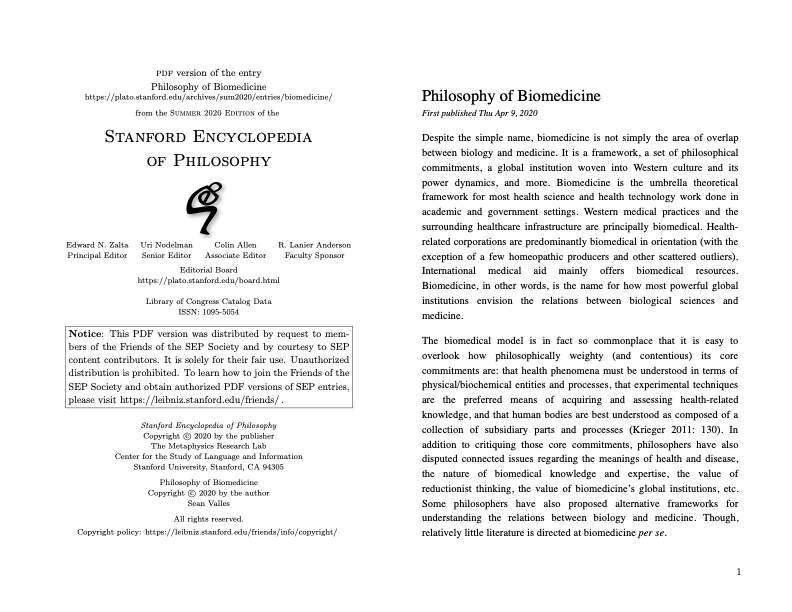Shope’s Analysis
In an earlier article, I summarized a survey of responses to the Gettier Problem by Robert Shope. At the end of his survey, offers his own analysis of Gettier-style problems. While is his analysis takes a different turn than mine, he offers a distinction that I believe is both critical and helpful. His distinction turns on whether the intentional object of a belief—what the belief is of or about—is a proposition as typically construed or a state of affairs. Shope observes, “It is commonplace to answer a question of the form, ‘that h.’ It is harmless jargon to say that the ‘content’ of this knowledge is that h if all that means is that what is known is that h. But it is controversial to make the slide to the conclusion that the content is a proposition.”[1]
When we attempt to express the content of a proposition, Shope explains, we typically don’t use that clauses. Rather, our expression takes the form of the proposition itself, namely ‘h’. I believe that Shope is isolating the fact that the content of our beliefs should not confined by what can be expressed linguistically. In fact, it may be too restrictive to treat truth in terms of that clauses. When we consider the beliefs of children and animals (who almost certainly know things) it is odd to say that they know that something is true. “This concern provides one reason for shifting our focus to a state of affairs whose occurrence or obtaining can be asserted by affirming something of the form ‘h’. For instance by affirming that Marrakesh contains mosques, we assert the occurrence of the state of affairs: Marrakesh’s containing mosques.”[2]
I believe Shope’s comments here demand an exegesis of the relevant differences between states of affairs and propositions; an exegesis that is not within the scope of his paper but one I will try to articulate briefly in later articles. Still, he touches on the observation that a propositional understanding of the intentional objects of belief may be inadequate and this may partly be what engenders Gettier-style counter examples to JTB.
[1] Shope, 753-59 (Kindle edition)
[2] Ibid., 769-72 (Kindle edition)









